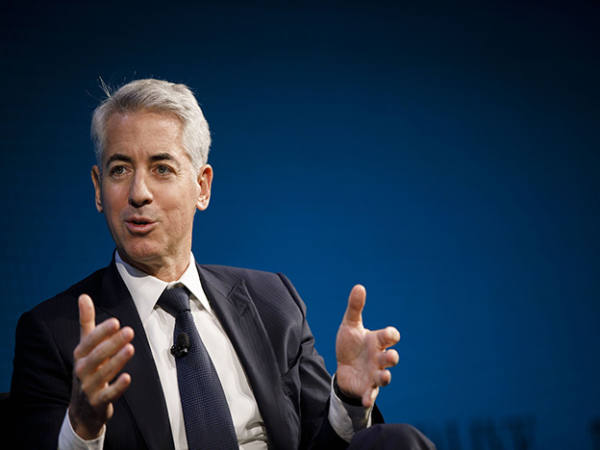- Does a CEO’s family size affect their corporate judgement?
- Some academics have argued it does
- Lots of idea generating content
History tells us of some very powerful people who had a lot of kids.
Sobhuza II, who became King of Swaziland in 1899, fathered 210 heirs before his death in 1982. In doing so, he failed to match the tally of Augustus the Strong, the 17th century King of Poland, who according to one contemporary source sired up to 382 children, many out of wedlock.
Both fall far short of the Mongolian warlord Genghis Khan, whose fecundity (and tyranny) likely explain why his Y-chromosome pattern is inked in the DNA of 8 per cent of men who today live in the region of his former empire.
For many powerful figures, however, less was often more if it helped avoid knotty issues of succession. Medical advances and social change have also brought down average family sizes, regardless of their figurehead’s power. Fertility rates, which stood at 4.5 to 7 children per woman in the pre-modern era, are now less than 2.5 globally (and just 1.5 in the EU).
In this sense, Tesla (US:TSLA) boss, world’s wealthiest man, and father to at least nine, Elon Musk is an outlier, despite his belief we all need to breed more to prevent human civilisation from crumbling.
All very interesting stuff. But what does the progeny of powerful individuals have to do with capital allocation? Something, perhaps. In June, a team of academics at the universities of Kuehne Logistics, Auckland and Lancaster published a paper which sought to better understand the link between a chief executive’s offspring count and their corporate investment behaviour.
The researchers’ theory – that CEOs with more children were more likely to extract private benefits, grow the firm size, reduce cash flow risk and boost the corporate resources under their control – was supported by an analysis of CEOs at S&P 500 companies between 1998 and 2018. The authors also found that higher numbers of CEO children “is associated with larger capital investment expenditure and a higher likelihood of undertaking large investment projects and M&A”.
How do we explain this phenomenon? To the academics, it could be an example of agency theory, or the propensity of some managers to make decisions and investments that enhance their personal utility rather than maximise the value of the firm. Notably, the trend was less evident among companies with better corporate governance or weaker financial positions.
Does this mean that investors should avoid companies run by CEOs with lots of kids?
The research, and the authors’ insinuation that highly-reproductive CEOs have a habit of conflating personal utility with company value, casts an unusual light over Musk’s tilt at Twitter (US:TWTR) – a shoe-in for the most ill-thought out and chaotic takeover deal of 2022.
But there are counterfactuals. The current and previous chief executives of the prolifically acquisitive professionals services giant Accenture (US:ACN) count just three children between them. Google-parent Alphabet (US:GOOGL), which has acquired more than 250 companies in a little over two decades, is another case in point. Each of its chief executives – Eric Schmidt, Larry Page and incumbent Sundar Pichai – have two kids. Frank van Zanten, father to one child and chief executive to Bunzl (BNZL), has also pursued a relentlessly pro-M&A strategy at the distribution and outsourcing giant.
Other instances – WPP (WPP) and S4 Capital (SFOR) founder Sir Martin Sorrell (four children), Martin Gilbert of abrdn (ABDN) and AssetCo (ASTO) fame (three) and Frasers Group (FRAS) owner Mike Ashley (three) – seem to mirror the family-corporate expansion hypothesis.
Of course, the plural of anecdote is not data, and disentangling personal experience from corporate strategy is probably impossible in isolation.
But for anyone keen to watch the theory play out in real time, look no further than safety equipment conglomerate Halma (HLMA), and strong contender for the title of most expansive and successfully acquisitive FTSE 100 company of the past decade.
This year its long-standing chief executive and father-of-three Andrew Williams steps down. His appointed successor, finance chief Marc Ronchetti, has two sons.
Further reading:
Family to Firm Expansion: How Does the CEO Children Number Affect Corporate Investment? (Liao, Nguyen & Pawlina)










